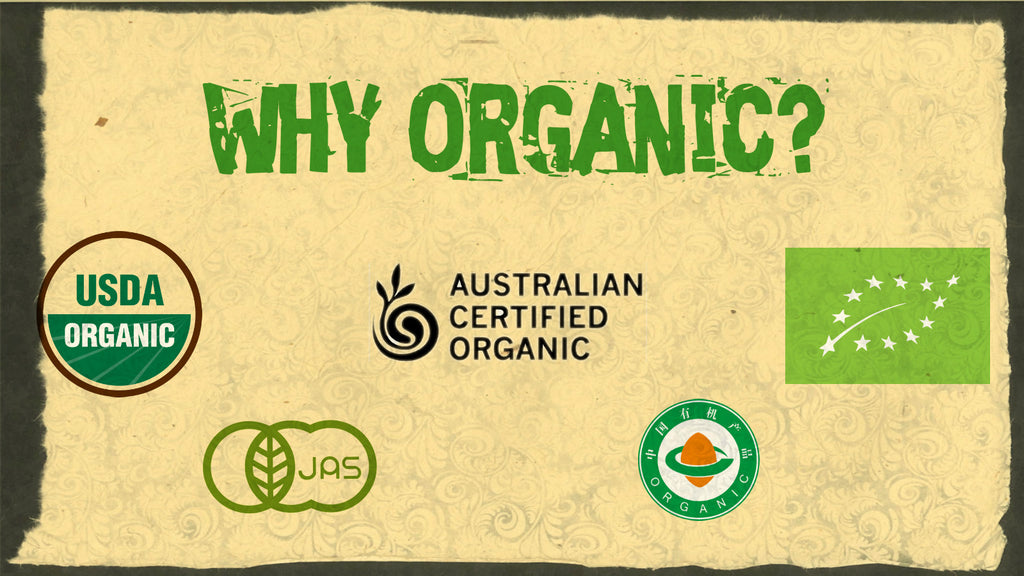Why Organic Matters

‘When it comes to our tea, the answer was simple for us. Why put a product on the market to help people with their health and wellbeing, if that product itself is not safe from the very toxins the tea is meant to help the body to dispel?’
It’s a fair question, given the expense and its impact on the weekly budget.
But is organic produce really that expensive or have our spending priorities changed dramatically?
Lets go back 100 years. Times were tougher, the largest portion of a families spend went toward food and textiles, 42% of that, toward local, organic (by default) food.
Over the next century, we get much richer, household income doubles 6 times in the 20th century and at the same time, food becomes much cheaper thanks to the mechanisation of farming. Fast forward to today and food only consumes roughly 10% of the family budget. The rest of that spend once belonging to food, is now consumed by housing, cars and healthcare.
Taking a look at our health
100 years ago, all food was organic. Pesticides and other chemical agriculture had not been invented yet and the biggest killer of the people at the time was infectious diseases, the curing of which, is something we got right over the next few decades. However, degenerative diseases like alzheimer’s, heart disease and cancer are all on the rise, as are multiple sclerosis, type 1 diabetes, ADD, autism and birth defects.
‘A baby born in the west in the year 2000 can currently expect to live to 77 years of age and most likely die from cardio vascular disease or cancer.’ We’re spending more money than ever on health research with the worse results ever seen. With all the diseases and disorders mentioned, and the money being spent researching them, why isn’t anyone in conventional medicine or agriculture facing up to what role nutrition has to play? I mean, aren’t we what we eat?
We, consumers, are not near well enough aware of how devastating chemical agriculture is to the food we are eating. Most fruit and vegetables, as well as our main staple, wheat, have half the nutritional content they did 100 years ago. The pesticides, irradiation, wax, and other toxic chemicals make their way into our soil, the food, the water used to grow the food, the atmospheric packaging used to keep the food ‘fresh’ for longer.
These chemicals in our produce, meat and beverages are absorbed by our bodies and stored in the colon where they slowly poison the body, effecting the immune system, weight, oxidation, energy, mental health, hormones and cause chronic disease and inflammation.
The list is endless but the bottom line is, there’s nothing positive about chemical agriculture other than farmers getting more yield, quicker. Ask yourself how much value you place on your life, your quality of life and your ideal. Does quality of life to you mean more energy, clarity of mind, good health, looking and feeling radiant and living longer? Or is it the material quality you seek? The math is there-
We earn more than ever
We spend less on food than ever
“The doctor of the future will no longer treat the human frame with drugs, but rather will cure and prevent disease with nutrition.” ~Thomas Edison
Try this organic challenge
We, as consumers have the power to change the world with how and where we spend our money. If we all stated buying organic tomorrow, it wouldn’t take long to change what is on our shelves and increase the economy of it.
Try detoxing and eating organic produce, grass fed meats and drinking organic tea daily for just 1 month and measure your results- weight, skin, nails, hair, energy, focus and mood. What have you got to lose?
Stay tuned for our next post on detoxing!
- Teavision Team







Comments 0